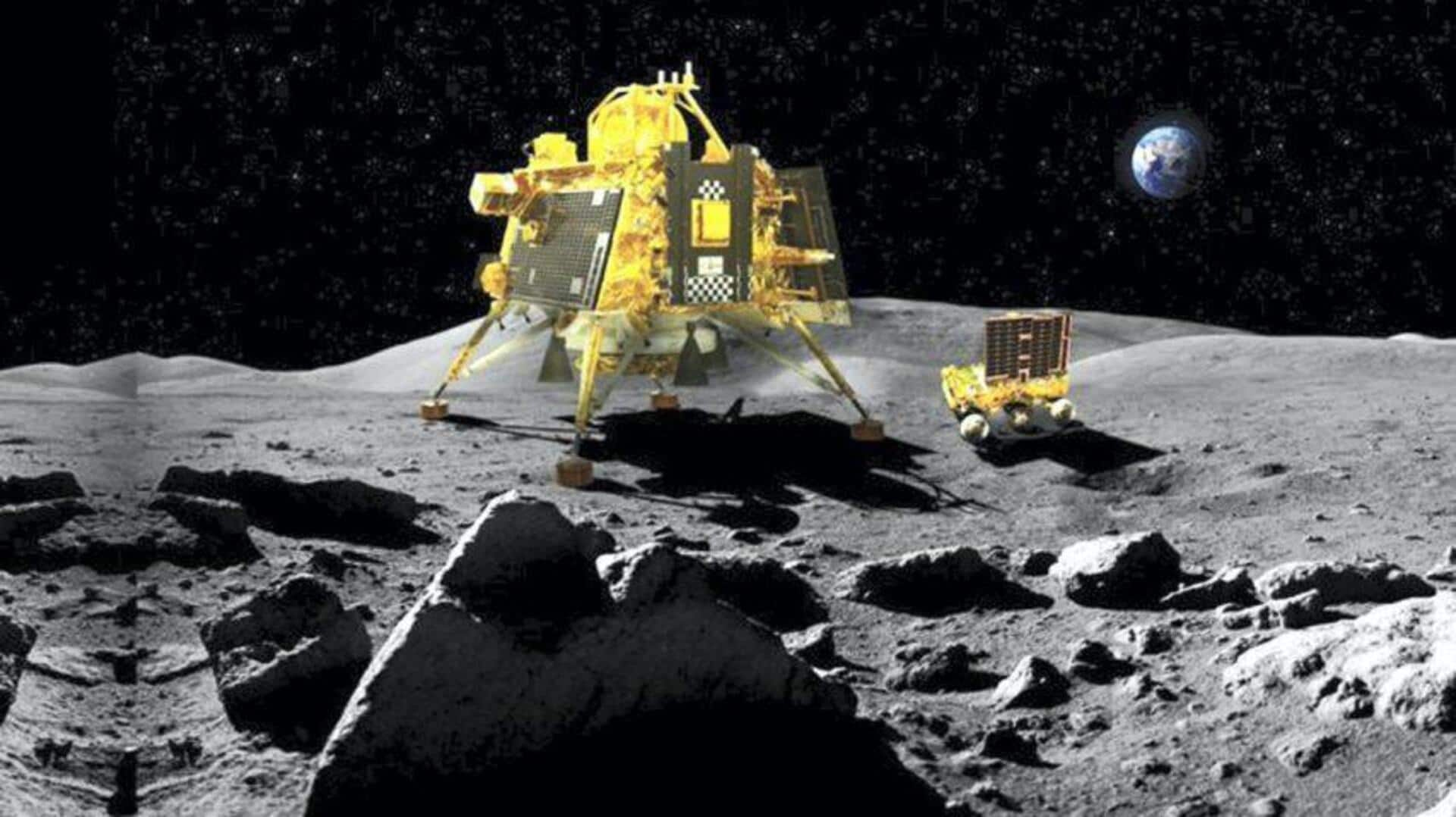
ISRO aims to bring lunar soil to Earth by 2027
What's the story
Indian Space Research Organisation has set a three-year goal to retrieve lunar soil and return it to Earth.
If successful, India will join an exclusive group of nations that includes the US, former Soviet Union, and China, who have previously achieved this feat.
Chief S Somanath also revealed ISRO's future plans, which include launching the first modules of India's own space station, Bharatiya Antariksha Station, by 2028.
The space agency aims to operate no-debris satellites by avoiding collisions by 2030.
Information
Objectives announced during National Space Day celebrations
The latest announcements from ISRO were made at the National Space Day event, a commemoration initiated last year by Prime Minister Narendra Modi following the successful landing of Chandrayaan-3 Moon mission near the lunar south pole.
Mission details
Chandrayaan-4 mission to bring back lunar soil
"We have steadily made progress as a space-faring nation since the inception of our space program in 1969. Now, India is looking to go beyond its soft landing by bringing back lunar soil for further experiments during the Chandrayaan-4 mission, which we have targeted for 2027," Somanath said.
He also highlighted, that "By 2030 we'll look to make sure that we do not pollute space and avoid all collisions by ensuring that our decommissioned satellites fall back on the earth."
Research milestones
Scientific achievements and future manned Moon mission
Speaking about ISRO's key scientific achievements, Anil Prabhakar, Director of the Department of Space (DoS)-affiliated Physical Research Laboratory (PRL), highlighted one of Chandrayaan-3's significant accomplishments was measuring the chemical constituency of the lunar south pole region.
"Our mission was among the first to study at close observation the Aitken basin," he said.
Somanath also disclosed ISRO's ambitious goal to make a manned landing on the Moon by 2040 with Group Captain Shubhanshu Shukla leading this mission.
Global partnerships
Cost-effective space launches and international collaborations
Union Minister of State in the Department of Space, Jitendra Singh, emphasized that India's space capabilities are cost-effective and open for international collaborations.
"We have developed indigenous end-to-end capabilities through ISRO that have ensured that our cost per space mission is the lowest in the world," he said.
He also mentioned a ₹1,000 crore space venture capital fund announced in July's Union budget, which is currently being discussed at a ministerial level.